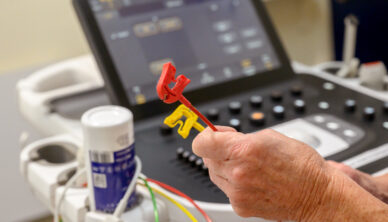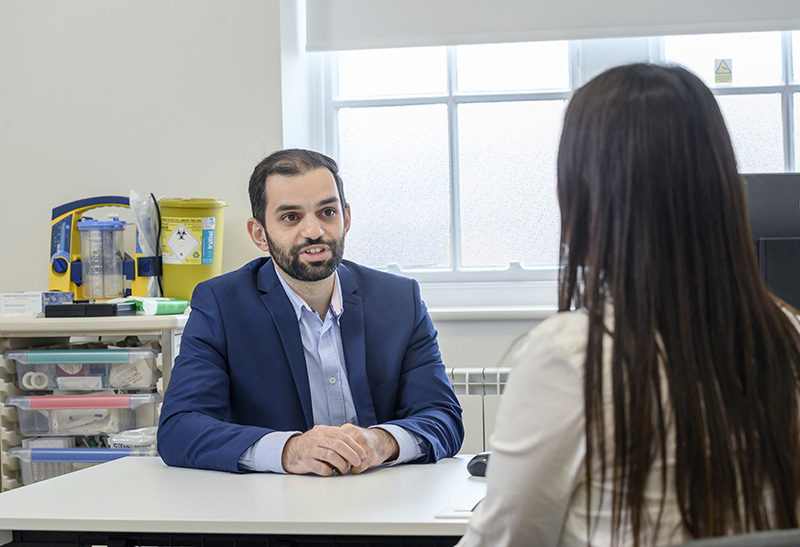Contents
Arrhythmia

An arrhythmia is an irregular heartbeat that may cause the heart to beat too fast, too slow, or erratically. While some arrhythmias are harmless, others can increase the risk of stroke, heart failure, or other cardiovascular complications. Early diagnosis and effective management are key to maintaining heart health.
Symptoms of Arrhythmia
Arrhythmia symptoms can vary depending on the type and severity of the condition. Common signs include:
- Heart palpitations – A fluttering or pounding sensation in the chest
- Dizziness or lightheadedness – Sudden feeling of faintness
- Shortness of breath – Difficulty breathing, especially during physical activity
- Fatigue or weakness – Feeling tired despite rest
- Chest pain or discomfort – Tightness or pressure in the chest
- Fainting (syncope) – In some cases, arrhythmias can lead to temporary loss of consciousness
If you experience persistent or severe symptoms, it’s important to seek medical advice promptly.
Types of Arrhythmias
Arrhythmias are classified based on how they affect heart rhythm:
- Tachycardia – A fast heartbeat (above 100 beats per minute)
- Bradycardia – A slow heartbeat (below 60 beats per minute)
- Atrial Fibrillation (AFib) – An irregular, often rapid heart rate increasing stroke risk
- Supraventricular Tachycardia (SVT) – Rapid heartbeats that begin above the ventricles
- Ventricular Fibrillation – A life-threatening arrhythmia that requires emergency care
Understanding the type of arrhythmia is crucial for selecting the best treatment approach.
Diagnosing Arrhythmia
Our hospital is equipped with advanced cardiac testing to provide fast and accurate arrhythmia diagnosis, including:
- Electrocardiogram (ECG) – A quick, non-invasive test to record heart rhythm
- Holter Monitoring – A portable ECG device worn for 24–48 hours to detect irregularities
- Echocardiogram – Uses ultrasound to assess heart structure and function
- Stress Testing – Monitors heart activity during exercise
- Electrophysiology Studies (EPS) – A detailed test to evaluate electrical activity in the heart
With same-day and next-day appointments available, we prioritise rapid assessment and diagnosis.
Treatment Options for Arrhythmia
The right treatment depends on the type and severity of your arrhythmia. Our cardiologists provide tailored treatment plans, which may include:
- Lifestyle modifications – Diet, exercise, and stress management to support heart health
- Medication management – To control heart rate, rhythm, and prevent complications
- Cardioversion – A procedure to reset the heart’s rhythm using controlled electrical pulses
- Ablation therapy – A minimally invasive procedure to correct abnormal electrical signals
- Pacemakers & Implantable Devices – For patients with severe bradycardia or heart failure
Our goal is to help you manage your condition effectively while reducing the risk of complications.
Arranging To Visit A Private GP

If you are experiencing symptoms of arrhythmia or other heart concerns, our private GP service provides expert assessment and referrals to our cardiology specialists.
- Same-day & next-day appointments available
- No need to be registered with the hospital
- 30-minute private GP consultation: £100
- Insurance billing available
- Referrals for further cardiac tests & specialist consultations
Early intervention can make a significant difference in managing arrhythmias and preventing further complications.
2 April 2025


